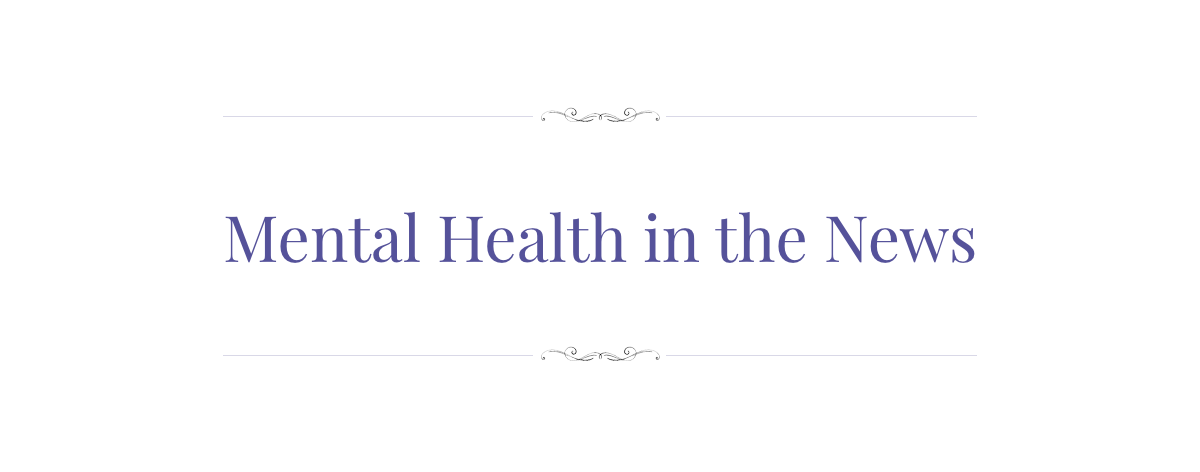Mental Health in the News: April 27, 2023
April 27, 2023
Nationwide Adderall Shortage Causes Disruptions to ADHD Treatments Reports of an adderall shortage first surfaced in the summer of 2022, and were confirmed by the U.S. Food and Drug Administration (FDA) that October. Being unable to count on their next prescription is causing significant treatment disruptions in patients with attention-deficit/hyperactivity…
